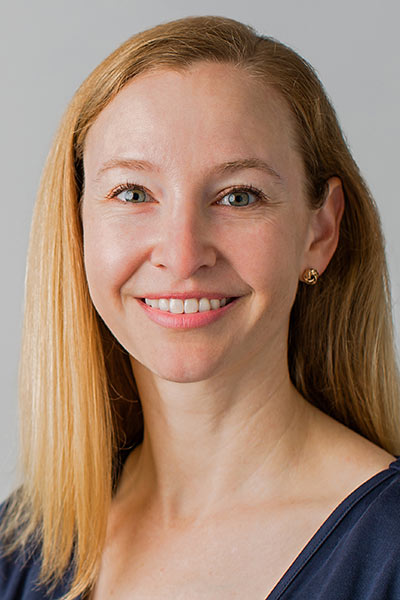The science around the early stages of pediatric type 1 diabetes is changing—and so are approaches to diagnosis and management, including the optimal screening age, monitoring guidelines, implementing screening in usual care, and the appropriate use of continuous glucose monitoring (CGM).

“After 100 years of insulin, we are changing the landscape, changing the paradigm for type 1 diabetes,” said Anette-Gabriele Ziegler, MD, Professor of Diabetes and Gestational Diabetes at TUM School of Medicine and Health, Technische Universität München, and Helmholtz Zentrum München, Munich, Germany. “We are thinking, instead of repairing the disease, of preventing it. With the arrival of preventive therapies and disease-modifying therapies, early diagnosis has become immensely important.”
Dr. Ziegler will discuss the latest developments in pediatric screening programs for type 1 diabetes during Navigating the Early Phases of Pediatric Type 1 Diabetes on Saturday, June 22, from 8:00 a.m. – 9:30 a.m. in Room W315 of the Orange County Convention Center. The approval of teplizumab by the U.S. Food and Drug Administration (FDA) to delay the onset of stage 3 type 1 diabetes in 2022 underscored the value of early autoantibody testing.
Amanda Twigg, MD, Associate Professor of Dermatology at the University of California, San Francisco, will explore the evolving patient and parental perspectives of type 1 diabetes.
“I was diagnosed with type 1 diabetes when I was 20, and it was like being thrown into the deep end of the pool all alone,” Dr. Twigg said. “When my daughter was 3, she tested positive for all five autoantibodies. After an oral glucose tolerance test, she was diagnosed with stage 2 type 1 diabetes, meaning she would almost certainly progress, probably sooner rather than later. We are all going into it with our eyes wide open.”
A growing body of data supports autoantibody screening for the general pediatric population, Dr. Zeigler noted. Early diagnosis offers significant benefits in terms of reducing complications such as diabetic ketoacidosis and sets the stage for earlier treatment.

Early diagnosis also suggests the possibility of beginning CGM earlier in the course of the disease, which Andrea Steck, MD, Professor of Pediatrics, University of Colorado, Barbara Davis Center for Diabetes, will discuss.
“I’m surprised at how many people still don’t know about the testing options for autoantibodies,” Dr. Twigg said. “When you know your antibody status, you have something actionable you can do. It’s not like other testing where you know you have some terrible disease and can’t do anything about it. There is an FDA-approved intervention already in place with more options coming down the pike.”
R. Brett McQueen, PhD, Assistant Professor of Clinical Pharmacy at the University of Colorado Anschutz Medical Campus, will explore the potential for earlier diagnosis and treatment to reduce lifetime complications and the associated health, economic, and quality-of-life burdens.
“After this session, we will have more scientific insight on how to follow these children, how to predict their progression, what we can tell them about their risk, and how and when to place them on the right therapy,” Dr. Twigg said.
For those unable to attend the 84th Scientific Sessions in person, this session will be available on-demand on the virtual meeting platform following the meeting for registered participants.

Register Today for the 85th Scientific Sessions
Join us in Chicago for the 85th Scientific Sessions, June 20–23, to learn about the latest advances in diabetes research, prevention, and care. Full in-person registration includes access to all of the valuable onsite content during the meeting and on-demand access to session recordings June 25–August 25.

